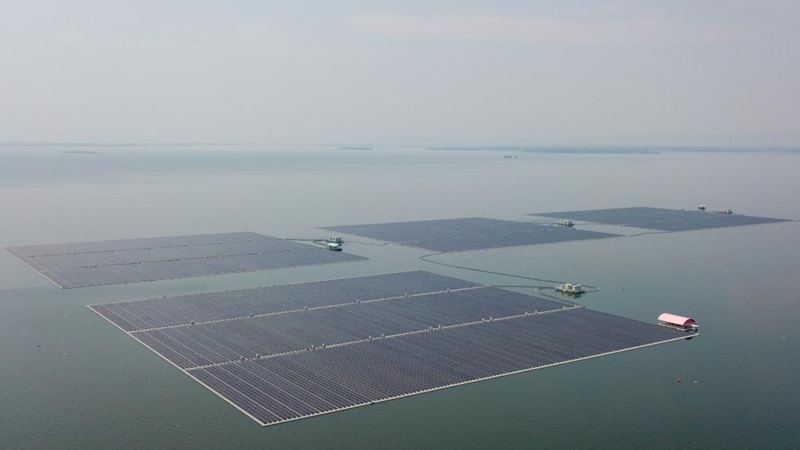China’s overall internet development level ranks second in the world, the country’s cyberspace regulator said at a press conference in Beijing on Friday.
Niu Yibing, spokesperson of the Cyberspace Administration of China (CAC), introduced the major achievements China has made in cyberspace over the past decade.
World’s largest internet infrastructure
China has built the world’s largest 5G network, with over 1.85 million 5G base stations and more than 455 million mobile 5G users.
The country has also built the world’s largest optical fiber broadband network, providing internet access to every village across the country.
China has also made significant progress in the large-scale deployment of IPv6, with the world’s second largest number of IPv6 addresses.
From 2012 to 2021, the number of internet users in the country increased from 564 million to 1.032 billion, the largest in the world. Still, the internet penetration rate rose from 42.1 percent to 73 percent.
Robust digital economy
China’s digital economy has ranked second in the world for several years in a row, increasing from 11 trillion yuan ($1.6 trillion) in 2012 to 45.5 trillion yuan in 2021. Its proportion in the country’s GDP improved from 21.6 percent to 39.8 percent over the same period.
The country’s e-commerce transaction volume and mobile payment transaction volume both ranked first in the world.
In 2021, the online retail sales of physical goods in China jumped by 12 percent year on year, reaching 10 trillion yuan for the first time, according to the Ministry of Industry and Information Technology. A total of 151.23 billion mobile payment transactions were made, up 22.73 percent from the previous year.
The digital transformation in various sectors has accelerated, providing strong support for the improvement of the quality and efficiency of the real economy, said the CAC.
Read more: China’s digital economy grows rapidly in 2021
Breakthroughs in core technologies
China has maintained its advantages in high-performance computing technologies, taken a leading position in 5G technologies and applications, and completed the construction of its BeiDou Navigation Satellite System.
The country’s research and development capabilities of chips have improved steadily, and the performance of domestic operating systems has improved significantly.
China also made progress in technologies such as big data, cloud computing, artificial intelligence and blockchain.
In 2021, the country filed over 30,000 PCT applications in the information technology sector, which accounted for more than one third of the world’s total.
Benefits to people
China has been using the information technologies and the internet to bring benefits and convenience to the people.
For example, the country has built the world’s largest online education platform, as well as a national medical insurance information platform. Over 90 percent of the counties and districts in the country have access to remote medical services.
The internet has also played an important role in China’s poverty alleviation efforts.
Read more: Live-streaming out of poverty: How the internet helps poor Chinese
International cooperation
China has held the World Internet Conference (WIC) for eight consecutive years to promote international cooperation, established the international organization of the WIC, put forward the concept and launched the initiative of building a community with a shared future in cyberspace.

 News6 days ago
News6 days ago
 World5 days ago
World5 days ago
 World4 days ago
World4 days ago
 Sports7 days ago
Sports7 days ago
 Business6 days ago
Business6 days ago
 News3 days ago
News3 days ago
 News6 days ago
News6 days ago
 News4 days ago
News4 days ago

















